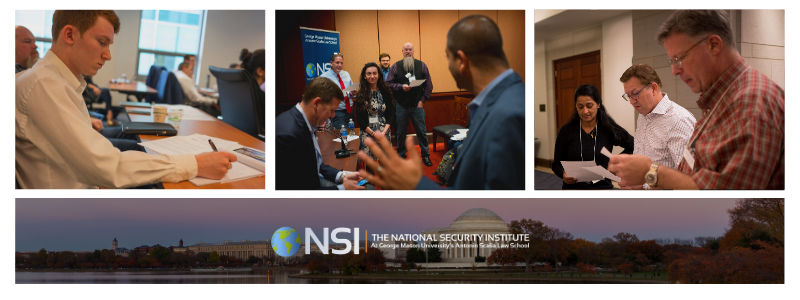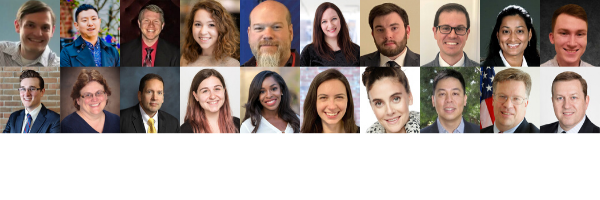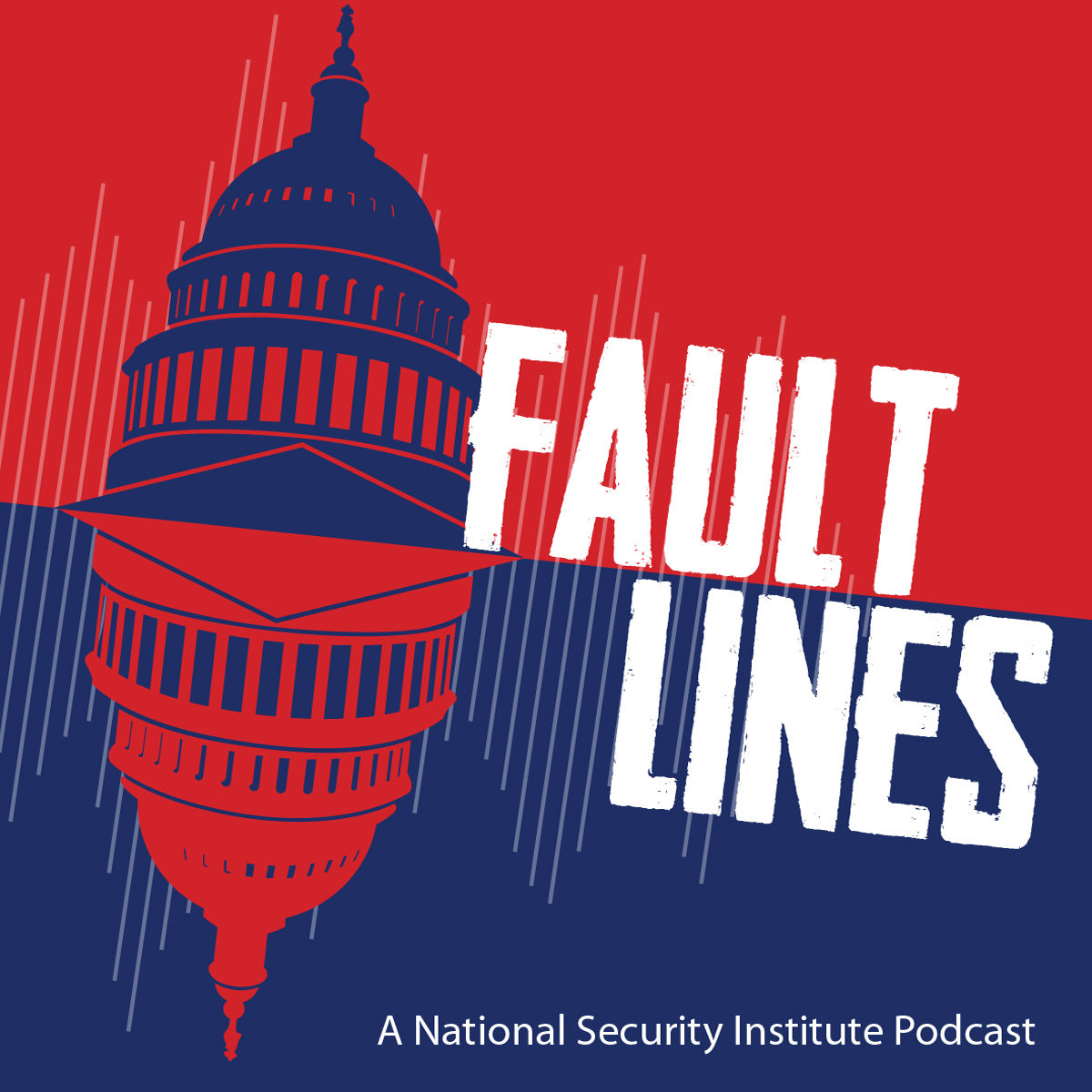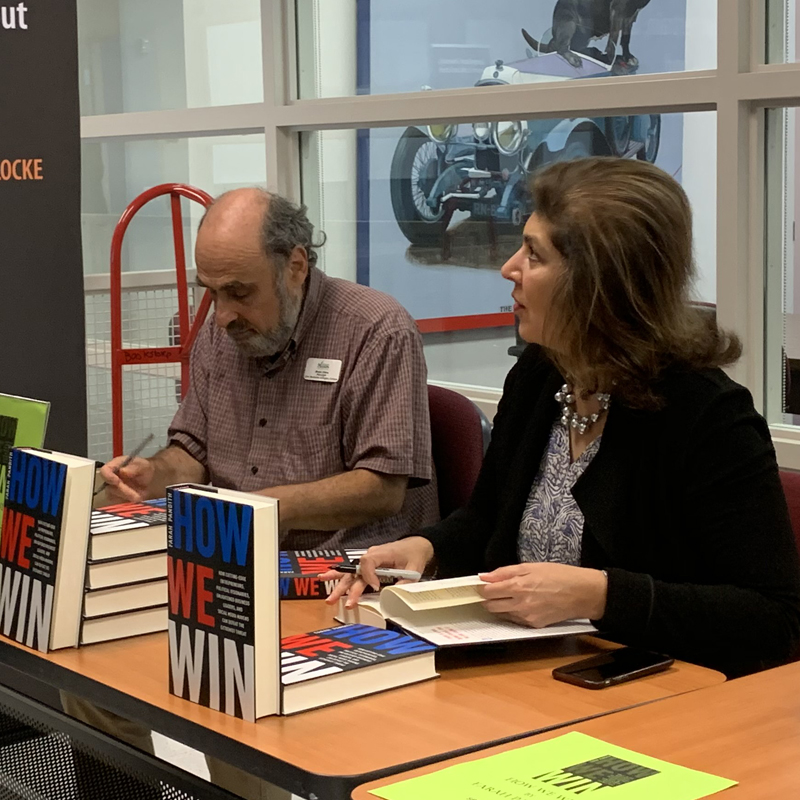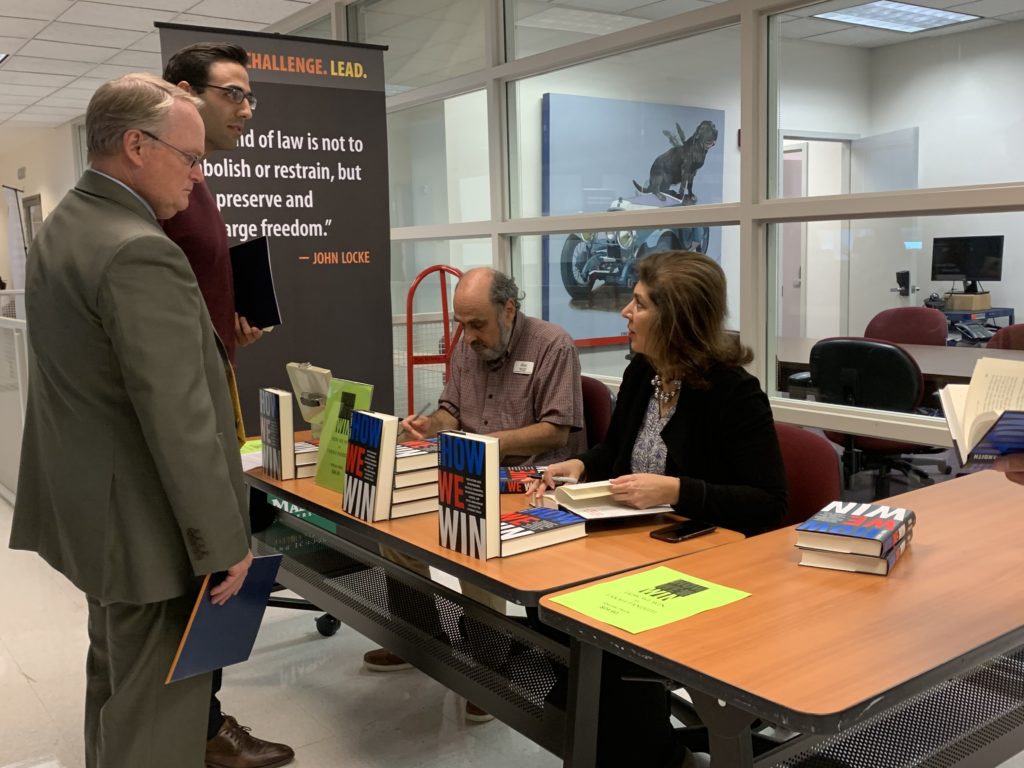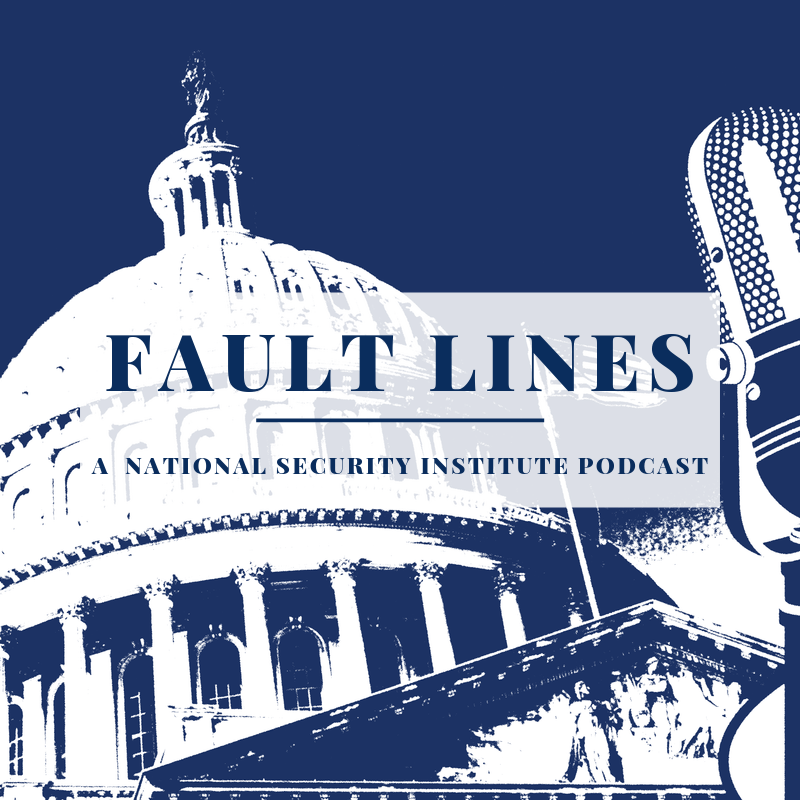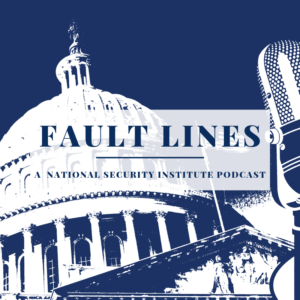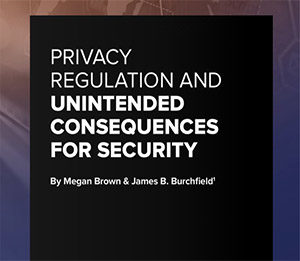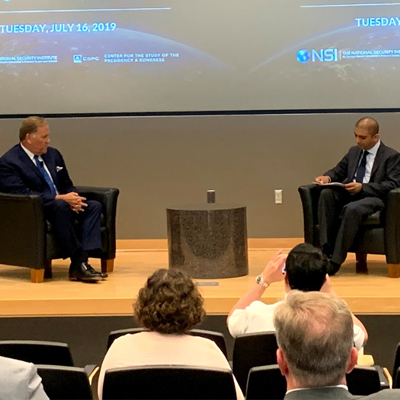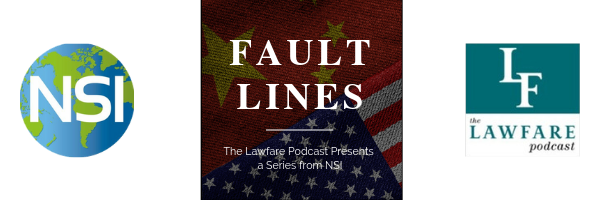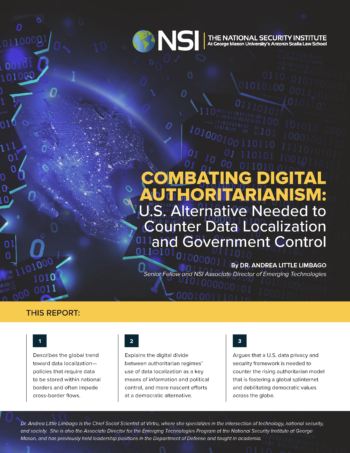In This Episode: “You have a lot of people who are not non-Iran experts looking at this as if they were Iran experts and thinking that this is the end game. I wish this was the end game. I am not sad about Qasem Soleimani’s death but I am not at all convinced that this will be the last retaliatory reaction we see from Iran” says Jodi Herman.
Jamil, Dana, Jodi, and Lester discuss the current state of affairs between Iran and the United States, for better and for worse. A vigorous and pointed analysis of congressional war powers is not to be missed. The first Fault Lines Podcast of 2020 is a humdinger! And that’s no malarkey!
Listen here
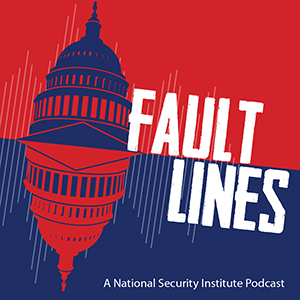


 December 20, 2019
December 20, 2019


